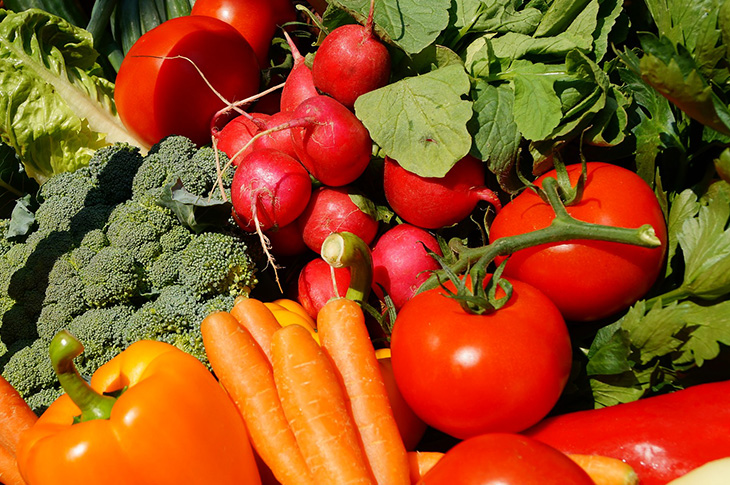Greater Brighton to develop affordable and sustainable food plan
A plan to examine ways to supply affordable and healthy food, cut waste and grow more locally is being developed by the Greater Brighton City Region.
With prices soaring and access to imports interrupted Greater Brighton believes a new strategy involving the whole city region is needed to tackle a growing crisis as well as promoting environmentally sustainable ways of producing food.
Around 25 to 30 per cent of food produced globally is lost or wasted, while food and farming systems account for one third of global gas emissions and up to 80% of biodiversity loss.
A report to the Greater Brighton Economic Board, whose members govern the City Region, also pointed out that the United Nations had calculated that the world needed to reduce meat consumption by 30 per cent, food high in fat, salt and sugar by 25 per cent while increasing fruit and vegetables by 30 per cent and fibre intake by 50 per cent. This was needed to meet health, climate and nature commitments.
The report reviewed existing food policy and partnerships in the city region and the findings will form the basis of a Greater Brighton Food Plan.
The next phase of work which will focus on:
- Identifying how partners can co-ordinate action and progress
- Bringing together food policies and metrics in the Greater Brighton region
- Identfying budgets and creating investment plans
- Collaborating with businesses, education and food partnerships to support food system transformation
- Sharing partner updates on food system innovations they are putting into practice.
Councillor Phélim Mac Cafferty, Chair of the Greater Brighton Economic Board, said:
“Council and business leaders across the sub region have agreed to focus on delivering a fairer food system for all.
“Our relationship with food has been put under more strain and scrutiny recently – in light of the climate crisis, the recovery from Covid and the cost-of-living crisis, equal access to food and the quality of our food is more important than ever before.
“The Food Plan offers us a unique opportunity to work together to tackle the scourge of food insecurity and volatile food prices. Together we are committed to finding practical solutions to producing, supplying, and using food which reduces toxic emissions and waste, which will in turn help us play our part for the environment.”
The Greater Brighton city region covers 7 local authority areas, stretching from Bognor in the west to Seaford in the east, and up to Crawley in the north of Sussex. The Greater Brighton Economic Board was formed in 2014 to protect and grow the city region’s economy through creative, innovative initiatives which coordinate economic development activities and investment.
The Greater Brighton Economic Board has made 10 pledges to help tackle the climate crisis, known as the GB10 pledges. The commitments cover topics from restoring kelp beds to renaturing to retrofitting homes with carbon reducing energy sources.

